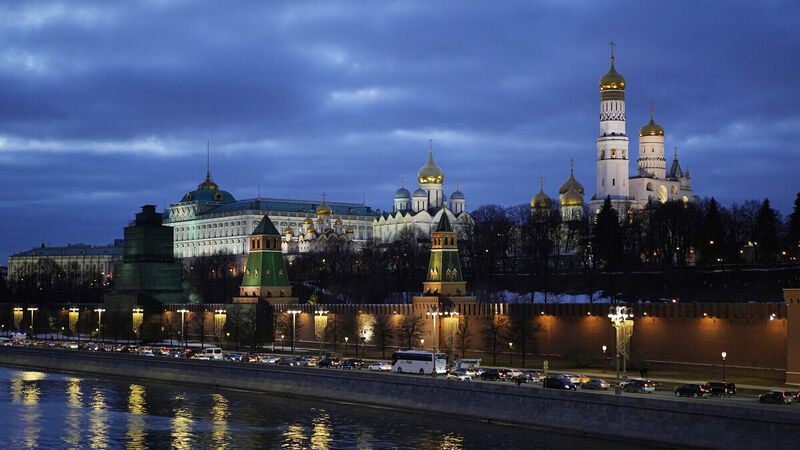Russia faces once-unthinkable default on its sovereign debt this week

The Kremlin is facing a Wednesday payment deadline. File Picture
The cost of Russia's invasion of Ukraine will become a lot clearer this week, with a previously unthinkable sovereign default looming, more emergency central bank measures likely, and a Russian stock market crash guaranteed if it reopens.
Moscow's "special operation" in its former Soviet neighbour has cut Russia off from key parts of the global financial markets by the West, triggering its worst economic crisis since the 1991 fall of the Soviet Union.














